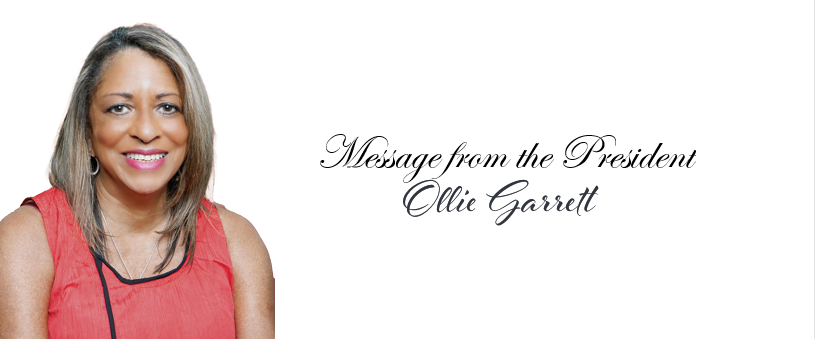In a world where success is often measured by titles and accolades, Joanne Harrell stands as a testament to something more profound—the power of vision, self-belief, and community service. As we celebrate Women’s History Month, Harrell’s journey from a young girl in Washington DC and Tacoma to becoming one of Seattle’s most influential leaders offers valuable insights for entrepreneurs and community builders alike.
Foundations of Excellence
Growing up in an achievement-oriented household, Harrell was “programmed for success” from an early age. Her mother, a teacher who passed away when Joanne was around 11, instilled in her children the importance of education and visualization.
“We have to put the visions in our kids’ heads,” Harrell emphasizes, reflecting on how her mother would have the children map out their educational journeys years in advance. This early programming created a foundation where college wasn’t just a possibility—it was an expectation.
After her mother’s passing, Harrell’s father, a disciplined military veteran, continued to reinforce these values. When faced with being the only African-American student in her calculus class, her father advised her to “learn to make yourself heard”—advice that would serve her throughout her impressive career.
“If you tell a four or five-year-old kid that they are crap, they’re going to believe it. If you tell them, ‘Wow, you can learn anything. You’re beautiful. You’re brilliant,’ they’re going to believe it.”
Breaking Barriers with Practical Wisdom
Harrell’s approach to life and career is refreshingly practical. After earning her B.A. in Communications Advertising and an M.B.A. in Marketing from the University of Washington, she embarked on a journey that would include becoming the first Black CEO of United Way of King County and spending 20 years at Microsoft, retiring as Senior Director for USA AI, Sustainability & Market Development Strategy.
What’s striking about Harrell’s perspective is her refusal to see herself as disadvantaged. “I never felt disadvantaged. I never saw myself as disadvantaged at all,” she shares. “I never focused on what I didn’t have. I just figured I could learn it.”
This mindset, coupled with her mother’s early teaching that “as a woman, you always need to be able to take care of yourself,” has guided her approach to both personal and professional relationships.
“Relationships are better when each person brings something to the table.”
Community Impact and Future Vision
Now semi-retired, Harrell continues to make significant contributions as an Adjunct Professor at the UW Foster School of Business and through her service on multiple boards, including Fred Hutchinson Cancer Center and Equal Opportunity Schools (EOS).
Her work with EOS particularly reflects her commitment to educational equity, ensuring all children have access to advanced educational opportunities regardless of background. This passion stems from her own experiences in tracked educational systems that weren’t always equitable.
As the wife of Seattle Mayor Bruce Harrell, she embraces her role as a partner in community building: “My goal is to look around the community in the various places that I participate… and make sure that I do the best I can to drive the greatest impact.”
Embracing Authenticity
Perhaps one of the most powerful aspects of Harrell’s journey is her embrace of authenticity. From her decision to wear her hair natural to her choice to let her gray hair show, she exemplifies the liberation that comes with self acceptance.
“Our self-acceptance is so important as part of our identity to feel good about ourselves,” she notes, touching on how these personal choices connect to larger issues of identity and representation for Black women.
For the Tabor 100 community, Harrell’s journey offers valuable lessons in resilience, practical wisdom, and community impact. Her story reminds us that success isn’t just about individual achievement—it’s about creating pathways for others and using our talents to benefit the community.
As we continue working to promote economic power, educational excellence, and social equity, Joanne Harrell’s example shows us what’s possible when vision meets determination, and when personal success becomes a platform for community empowerment.
“We don’t need a DEI focus to be successful. We just need to continue to work to make sure the landscape is fair, and remove institutional barriers. And our children have to have resilience, fortitude and strength.”


